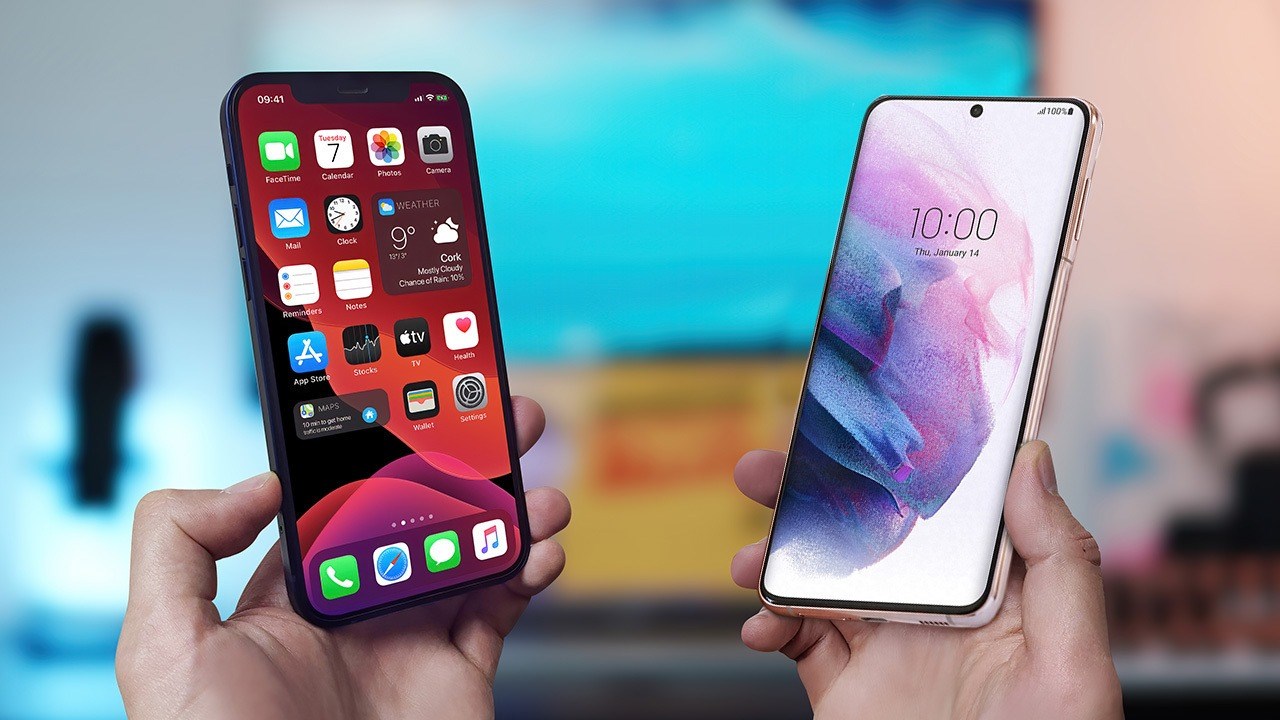
Performance
Better Performance
iPhones are renowned for their smooth and fast performance. Apple designs both the hardware and software for its devices, resulting in seamless integration. This optimization ensures apps run smoothly and the phone doesn't lag, even on older models.
- Seamless Integration: Apple's control over both hardware and software ensures every component works in harmony.
- Efficient Resource Use: This results in more efficient use of resources, allowing iPhones to maintain speed and responsiveness over time.
Timely OS Updates
Another significant advantage is the regular and timely updates. When Apple releases a new iOS version, it becomes available to all supported devices simultaneously.
- Immediate Availability: Ensures iPhones stay up-to-date with the latest features and security patches without delays.
- Enhanced Security: Keeps your device secure and functional by providing timely security patches.
User Experience
Easy to Use
iPhones are famous for their simple and user-friendly interface. The iOS operating system is intuitive, making it accessible to anyone regardless of their technical expertise.
- Intuitive Design: The layout is straightforward, and settings are easy to find.
- Minimalistic Approach: Ensures you can quickly find what you need without feeling overwhelmed by complex menus.
No Bloatware
Another reason people love iPhones is that they come without unnecessary pre-installed apps, also known as bloatware.
- Clean Slate: Allows you to install only the apps you want.
- No Unnecessary Apps: Avoids apps that take up space and slow down your device.
Security
Closed Ecosystem
Apple's closed ecosystem means only apps approved by Apple can be installed on an iPhone. This strict app review process helps protect users from malware and other security threats.
- Strict App Review: Ensures all apps meet certain standards before they are available for download.
- Reduced Malware Risk: Prevents malicious apps from reaching users' devices.
Regular Security Updates
iPhones are more secure due to regular security updates. Apple releases security patches and updates for its operating system regularly.
- Quick Vulnerability Fixes: Ensures any vulnerabilities are quickly addressed.
- Simultaneous Rollout: Updates are rolled out across all supported devices at the same time.
Integration with Other Apple Products
Continuity Features
One of the most significant advantages of using an iPhone is its integration with other Apple devices through Continuity features.
- Seamless Device Switching: Start something on one device and pick it up where you left off on another.
- Easy Sharing: Transfer documents and other files between devices effortlessly.
AirDrop
AirDrop enhances integration by allowing you to share files between Apple devices wirelessly.
- Instant File Sharing: Share photos, documents, and other files instantly.
- Convenient and Fast: Makes sharing with other Apple users quick and easy.
Design and Build Quality
High-Quality Materials
iPhones are made of high-quality materials that help them maintain their resale value.
- Premium Construction: From the metal frame to the glass screen, iPhones are built to last.
- Durable Design: Ensures the device feels luxurious and durable.
Resale Value
One of the benefits of buying an iPhone is its resale value. iPhones retain their value well due to their high-quality materials and long-lasting design.
- Good Resale Price: Selling your iPhone in the future will yield a good price.
- Long-Lasting Quality: Frequent updates and high build quality ensure the device remains valuable.
Customer Support
In-Person Support
Apple is known for its excellent customer support, with Apple Stores and Genius Bars located worldwide.
- Trained Staff: Apple's staff is trained to assist you promptly.
- Convenient Repairs: Issues can be diagnosed and repaired on the spot.
Online Support
Apple also offers robust online support options. The Apple Support website provides detailed guides and troubleshooting tips for common issues.
- Comprehensive Guides: Detailed guides and troubleshooting tips are available online.
- Customer Service Team: Available via phone or email to help resolve more complex problems.
